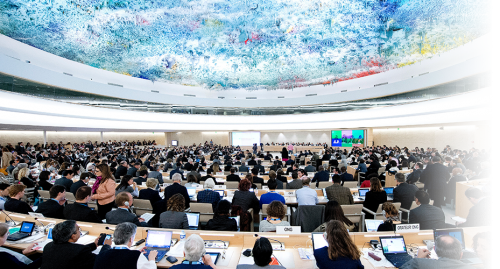On 30 April 2020, the United Nations Special Rapporteur on Freedom of Opinion and Expression, the Organization for Security and Co-operation in Europe Representative on Freedom of the Media, and the Organization of American States Special Rapporteur on Freedom of Expression published the Joint Declaration on Freedom of Expression and Elections in the Digital Age. The Declaration enumerates recommendations regarding communication during elections for both, State as well as non-State actors. In pursuance of the publication of this Declaration, Toby Mendel, Executive Director of the Centre for Law and Democracy, noted, “The Joint Declaration breaks new ground in several respects…Some key areas it addresses include extending certain types of rules which apply to legacy media, such as on spending and transparency, to digital media, respecting the right to privacy when using personal data to micro-target messages and, for digital actors, avoiding measures which limit the diversity of information available to users or the ability of certain parties and candidates to disseminate messages.”

